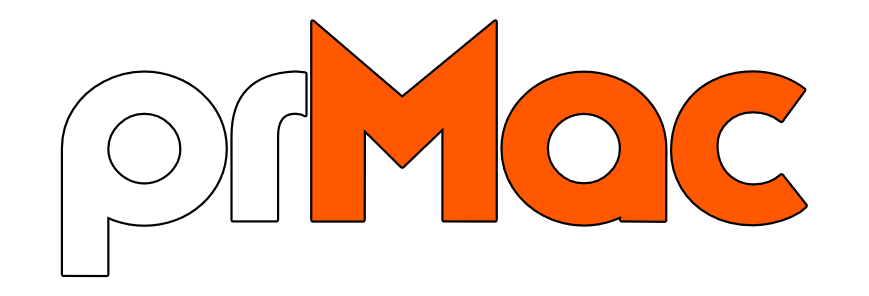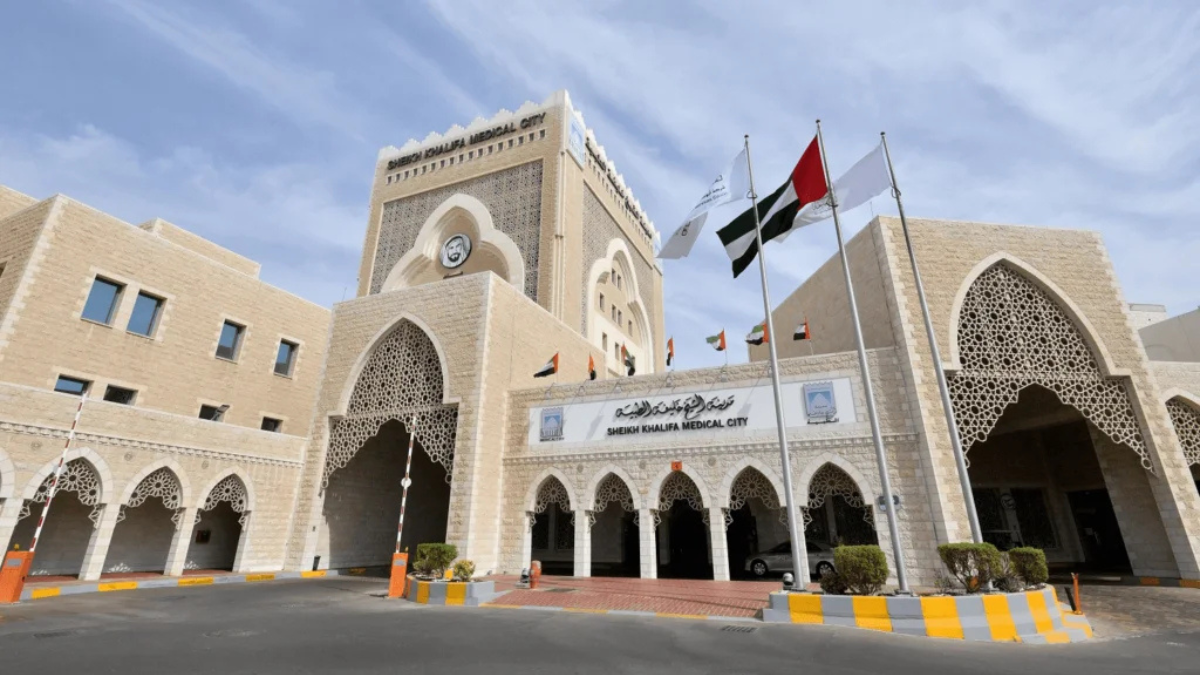Skyscrapers that break records, high-end shopping, and a futuristic atmosphere are some of the things that make Dubai famous.
In spite of this, there is another facet of this bustling metropolis that deserves to be highlighted, and that is its emergency healthcare system. The city’s dedication to providing high-quality medical treatment is something that jumps out, regardless of whether you are a visitor, a resident, or even someone looking for a reliable Dubai pediatrician.
The city of Dubai not only satisfies worldwide standards in terms of saving lives, but it also establishes such standards. We are going to take a more in-depth look at how this metropolis reacts when time is of importance.
Speed and Precision for Quality Emergency Care
In a medical emergency, every minute can make a huge difference. That’s why Dubai’s entire emergency care system is built for speed. Ambulances here arrive in as little as four to eight minutes, among the fastest response times in the world.
That’s no accident. It’s the result of state-of-the-art technology paired with decisive logistics. Emergency teams use real-time data and GPS to reach people quickly, while ambulances come fully loaded with life-saving gear to treat patients right on the spot.
Advanced Ambulance Technology That Makes a Difference
You might think of an ambulance as just a fast car with a siren. In Dubai, it’s much more.
Ambulances here are loaded with cutting-edge equipment, including portable ventilators, defibrillators, and real-time communication tools that link directly to hospitals. These vehicles are essentially mobile hospitals, designed to handle the most complex emergencies.
Air ambulances can lift off within minutes with skilled medics and experienced pilots on board. And it doesn’t take them long to reach emergencies in places like highways, far-off deserts, or high-rise construction sites.
Well- Trained First Responders
Behind all that tech is the real heroes: Dubai’s first responders. These paramedics and emergency staff at every Dubai emergency hospital go through intensive training to handle everything from trauma to cardiac arrest.
And it’s not just about medical skills. They know how to stay calm under pressure, comfort patients, and work in high-stress situations. That professionalism and empathy make a world of a difference in a city as multicultural as Dubai.
Emergency Call Centres That Don’t Miss a Beat
Before the ambulance even hits the road, Dubai’s emergency call centres are already in action. Operators are trained to assess calls fast and dispatch help without delay. Advanced systems prioritise the most urgent cases automatically.
The call centre staff speak multiple languages, so no one is left behind. Whether you’re a tourist or a long-time resident, help is always just a call away and in your language.
World-Class Hospitals Ready for Any Situation
The local Dubai emergency care providers are good at treating catastrophic trauma and cardiac problems. But that’s not all. Emergency departments at the city’s leading hospitals and even smaller clinics are equipped to address a wide range of emergencies.
This teamwork sets them apart from care providers in many other parts of the world. Paramedics, nurses, and physicians collaborate and use digital records to ensure that care is provided promptly.
Preventative Measures Save Lives
Dubai doesn’t wait for emergencies to happen. It actively works to stop them before they start. The city runs regular public awareness campaigns about heart health, road safety, and first aid. It also uses surveillance and smart systems to monitor high-risk areas and alert emergency services in real time.
This proactive approach helps reduce accidents and saves valuable minutes when every second truly counts.
A Global Benchmark in Emergency Care
From superior infrastructure to a highly skilled workforce, every layer of the system is designed to save lives. But the city doesn’t stop there. Authorities continuously evaluate and improve their processes, setting new benchmarks for emergency care globally.
As a result, other countries are taking notes. Healthcare leaders worldwide are looking to Dubai as a model of what’s possible when urgency meets cutting-edge solutions.
Conclusion
Dubai’s hospital and emergency care story is proof that lives can be saved with the right mix of speed, skill, and strategy. It shows that when you prioritise people’s well-being and invest in the right areas, the results can be life-changing.
In a place known for going big, Dubai’s biggest achievement might just be its commitment to keeping people safe when it matters most.

